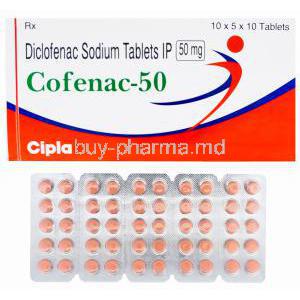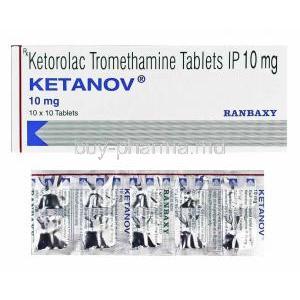Menthol
Uses
Menthol is used in the treatment of itching, dermatitis and eczema.
How it Works
Menthol works by activating the cold-sensitive TRPM8 receptors in the skin. Menthol, causes a feeling of coolness due to stimulation of cold receptors by inhibiting Ca++ currents of neuronal membranes. Menthol may also yield analgesic properties via kappa-opioid receptor agonism.
Common Side effects
Some of the potential side effects of Menthol can include the symptoms below;
Balance disorder,
Vomiting,
Altered heart rate,
Drowsiness,
Hypersensitivity reaction,
Nausea,
Abdominal pain,
Contact dermatitis,
Skin irritation,
Apnea,
Nystagmus,
Vertigo
Linseed oil
Uses
Linseed oil is used in the treatment of inflammatory diseases, skin irritation, Linseed oil is also used in the control and prevention of High cholesterol level, Prostate cancer growth before surgery and Rheumatoid arthritis .
How it Works
Linseed oil works by blocking the effect of natural chemicals that are produced at sites of injury or damage, and cause pain and inflammation. Linseed oil works by blocking the effect of these natural chemicals, which allows pain and inflammation to be eased.
Common Side effects
Some of the potential side effects of Linseed oil can include the symptoms below;
Shortness of breath,
Lip swelling,
Throat tightness
Methyl Salicylate
Uses
Methyl Salicylate is used as a pain reliever.
How it Works
Methyl salicylate is known as a non-steroidal anti-inflammatory drug or NSAID. Methyl Salicylate works by blocking the release of prostaglandins, prostaglandins causes allergy symptoms and inflammation (swelling and redness). Therefore Methyl Salicylate works as a pain reliever by blocking prostaglandins in the body.
Common Side effects
Some of the potential side effects of Methyl Salicylate can include the symptoms below;
Hives,
Swelling of your face,
Lips,
Tongue,
Difficulty breathing,
Throat.
Diclofenac Topical
Uses
Diclofenac Topical is used as a pain reliever, it is used in musculo-skeletal pain relieve, dental pain and post operative pain relieve.
How it Works
Diclofenac is known as a nonsteroidal anti-inflammatory drug (NSAID). Diclofenac Topical works by, blocking the release of prostaglandins, thus reducing prostaglandin in the body that cause pain and inflammation.
Common Side effects
Some of the potential side effects of Diclofenac Topical can include the symptoms below;
Skin rash,
Pain on site of application,
Tingling,
Burning sensation,
Flu-like symptoms (body ache, headache, fever, with or without chills),
Itching skin,
Benzyl Alcohol
Uses
Benzyl Alcohol is used to prevent Infections and it is also used to treat head lice infestations.
How it Works
Benzyl alcohol works by inhibiting the lice from closing their respiratory spiracles, which allows the Benzyl Alcoholto obstruct the spiracles and causing the lice to asphyxiate and stops the infestation.
Common Side effects
Patients who take Benzyl Alcohol may suffer from such side effects;
Numbness,
Allergic reaction,
Redness of skin,
Application site itching,
Abnormal skin reaction.












